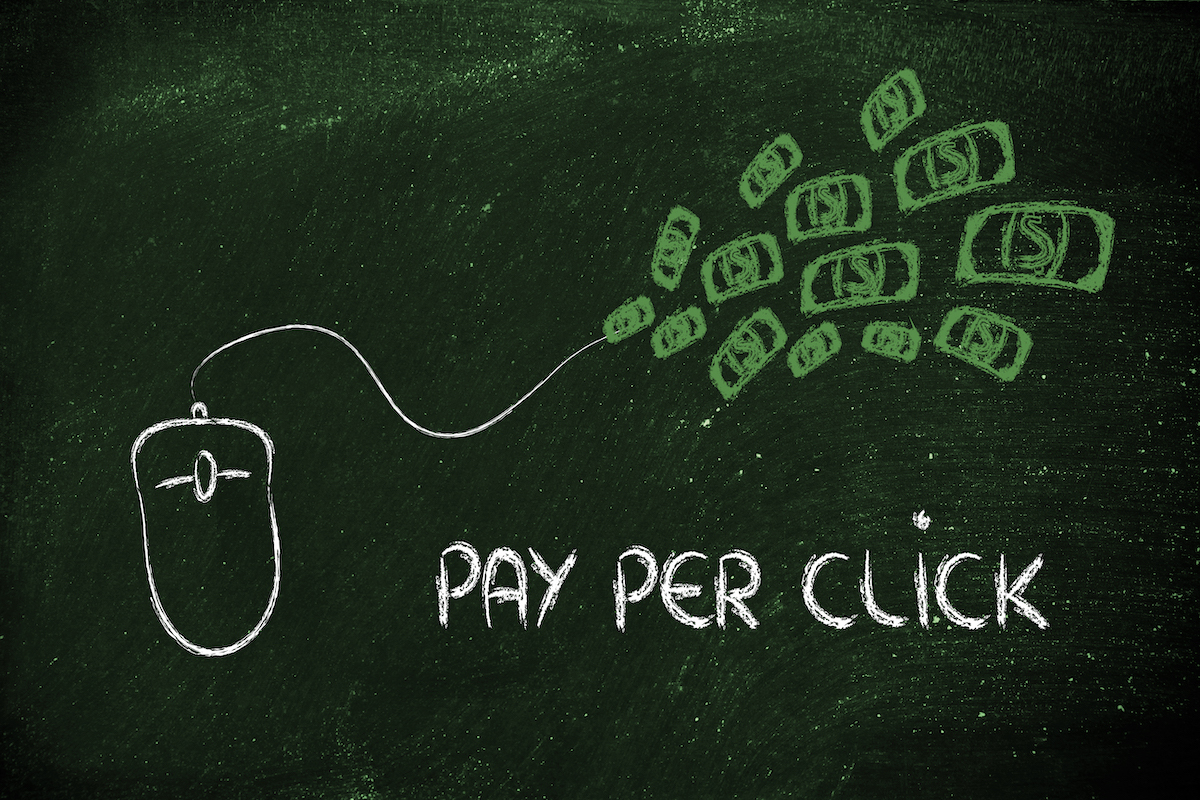PPC Advertising: SEM Techniques for Small Businesses to Increase Sales

Estimated reading time: 4 minutes
Table of contents
PPC is a cost-effective and fast way to reach your audience. It is also a great tool for small businesses because it can help them generate more revenue. However, it is important to understand how it works. Using specific keywords is critical. For example, a bakery may use “bakery” as a keyword, while an insurance company might use “car insurance.” In addition, ad networks allow you to set daily budgets that will pause your campaign when it reaches that amount.
Cost-Per-Click
PPC services may increase online sales and help you reach your target market. However, to get the most of your campaign’s money, it’s crucial to establish specific campaign goals. Essential metrics include impressions, clicks, and conversions. Using these metrics can help you determine whether your ad campaigns are successful.
Moreover, you should regularly monitor and optimize your campaign based on these metrics to improve their performance. PPC is an effective marketing tool for small businesses because it allows you to set specific objectives and target audiences based on demographics, location, and interests.
It’s also a good option for businesses that need to promote time-sensitive offers or events. In addition, it’s quick and easy to set up, making it a valuable marketing tool for small businesses. Moreover, it provides immediate and measurable results, making it an excellent option for growing your business online.
Cost-Per-Acquisition
Small businesses can use PPC to target a specific audience and generate results quickly. They can also use it to boost visibility and improve website credibility by driving relevant traffic. However, it is crucial to understand the entire customer journey from paid click to on-site conversion. It is possible with tools such as Google Analytics.
A good starting point is to define campaign objectives and goals clearly. These include increasing traffic to your site, generating leads, or growing brand awareness. Defining these objectives will help you set a clear budget and strategy. It will also allow you to track metrics such as cost-per-acquisition and accurately measure your return on investment.
Another way to optimize your PPC campaign is by focusing on high-performing keywords. It will help you outbid competitors and rank higher on search engine result pages. You can also optimize your ads using eye-catching graphics and a strong call to action.
Cost-Per-Lead
Through PPC marketing, small companies may reach their target market and remain competitive online. It is cost-effective and provides real-time tracking and measurement. It is also a highly effective tool for converting new customers. It allows you to track the number of people who call your business, fill out a contact sheet, or make an online purchase.
Unlike SEO, you can set your budget and target audience. You can also control how much you want to spend per click. It means you can avoid paying for clicks that don’t make a sale. A good cost-per-lead equals or is less than your gross profit per sale. This metric can help you determine the success of your campaigns.
The key to success is regular monitoring and making changes as necessary. It’s important to note that not all PPC campaigns will be successful. You have to test different approaches and adjust them accordingly.
Conversion Rate
PPC is a strong tool that gives you a rapid and effective way to connect with your target market. However, a winning PPC strategy depends on a few key metrics, including conversion rate and return on ad spend. A key to a successful small business PPC strategy is understanding the customer journey from paid click to on-site conversion. It includes using PURLs and adjusting settings to optimize your ads for business growth.
Unlike traditional advertising, PPC can test and optimize campaigns in real time. It allows you to measure and analyze the performance of your ads, which can help you improve your ad’s CTR and quality score. It also enables you to identify and eliminate keywords that don’t perform well. It can be done by analyzing your ad’s search volumes and comparing them to the number of visitors that visit your website. It can save you time and money by allowing you to focus on the keywords that convert best.








